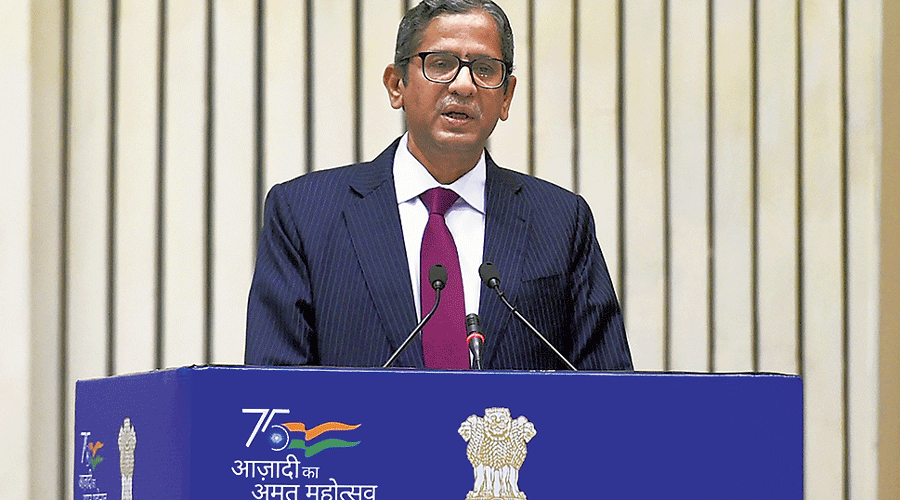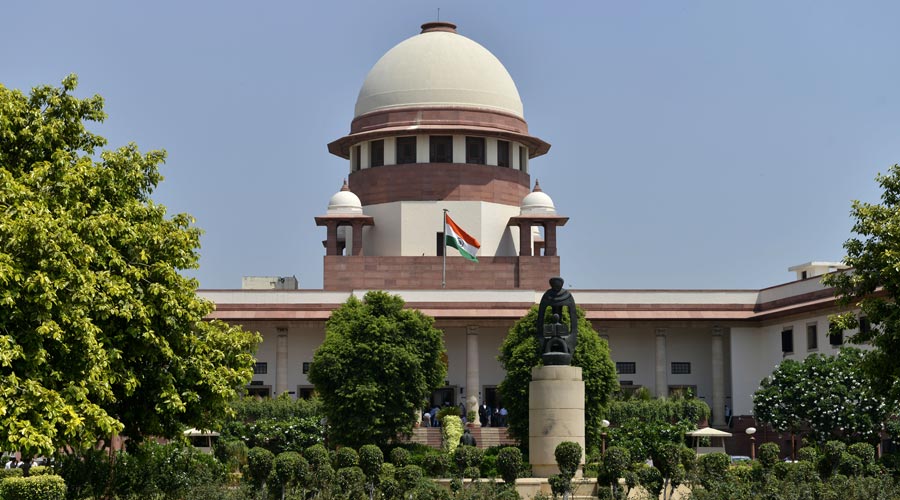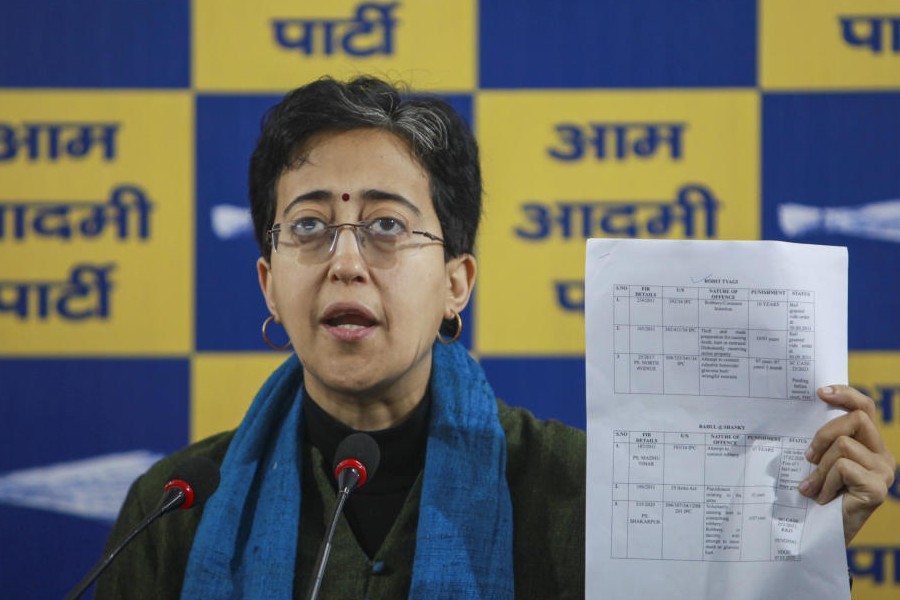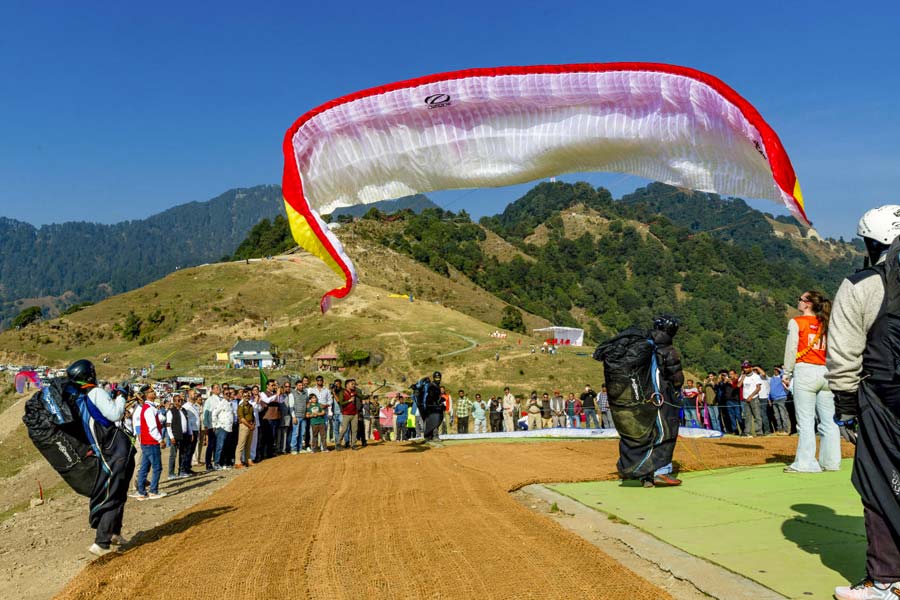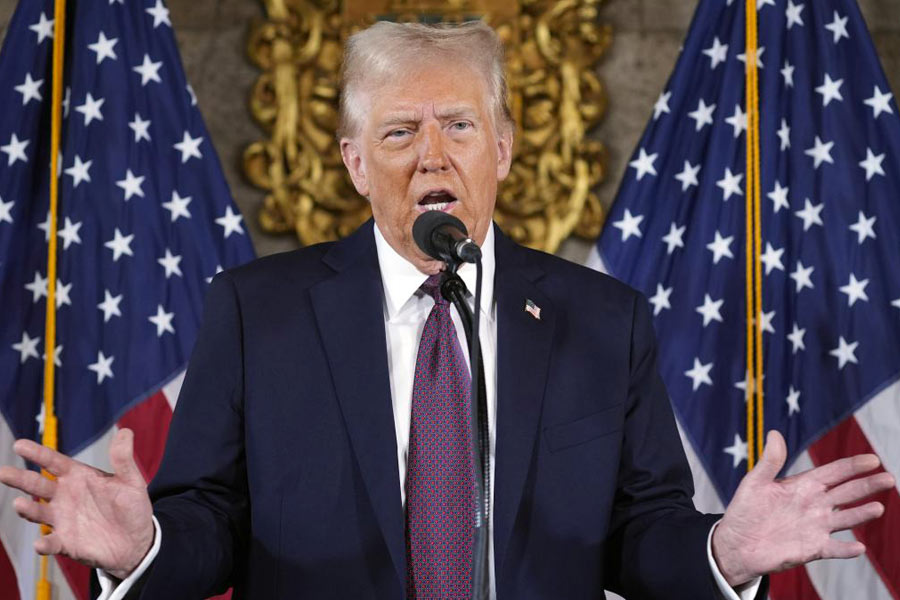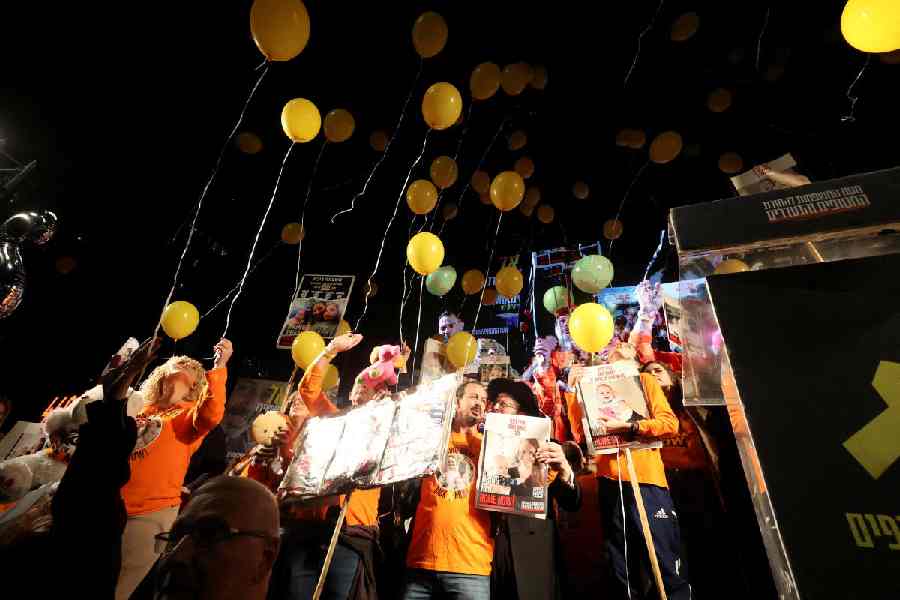The Supreme Court collegium has its task cut out in the weeks ahead with as many as seven judges of the highest court of the land, including Chief Justice of India N.V. Ramana, due for retirement in the next six months.
The Supreme Court now has 32 judges, including the CJI, against the sanctioned strength of 34. Justice Ramana is due to demit office upon retirement on August 26 this year and is scheduled to be succeeded by the second senior-most judge, Justice U.U. Lalit.
Justice Lalit is set to retire on November 8 and will be at the helm of affairs for less than two-and-a-half months. He is slated to be succeeded by Justice D.Y. Chandrachud, at present the fourth senior-most judge.
Others who will retire within six months are Justices A.M. Khanwilkar (July 29), L. Nageswara Rao (June 7), Indira Banerjee (September 23), Vineet Saran (May 5) and Hemant Gupta (October 16).
If no appointments are made, the Supreme Court’s strength will drastically come down to 26 judges at a time the country is facing a backlog of 40 million cases. The Supreme Court accounts for over 72,000 of these cases.
The five-member collegium of CJI Ramana and Justices Lalit, Khanwilkar, Chandrachud and Rao is expected to meet shortly to finalise the names for elevation to the Supreme Court.
As a norm, the senior-most judges of high courts, specifically the chief justices, are considered for elevation to the Supreme Court, but there has been a change in the approach of the collegium, which has also looked at other senior high court judges.
For instance, on August 31, 2021, the collegium headed by CJI Ramana recommended an unprecedented nine names in one go for the Supreme Court, including three women judges. Of them, only four had been serving as chief justices of high courts. The remaining judges were serving as senior or senior-most judges of different high courts.
According to sources, while seniority is a condition for elevation, merit too is a factor. Issues such as giving adequate representation to high courts that do not have much of a presence in the Supreme Court are also considered.
During the last round of elevations on August 31 last year, women had been represented. Although there is no concept of caste- or religion-based reservations in the judiciary, such boxes have somewhat been checked in the latest batch of selections. Two judges are from the Dalit community and one each is from the Muslim and Christian communities.
Although there are 25 high courts in the country, several of them are not represented in the Supreme Court at the moment. Twelve high courts — Chhattisgharh, Himachal Pradesh, Jammu and Kashmir, Ladakh, Jharkhand, Manipur, Meghalaya, Odisha, Patna, Sikkim, Telangana, Tripura and Uttarakhand — do not have any judges sent from them to the Supreme Court now.
Bombay High Court has the highest representation — five judges — in the Supreme Court, followed by Delhi High Court (four judges). In addition to these four, Justices Lalit, Rao and Narasimha were elevated from the Delhi Bar to the Supreme Court. The high courts of Allahabad and Karnataka have three judges each in the top court, followed by Gujarat, Madras, Rajasthan, Kerala and Calcutta that have two judges each, while Andhra Pradesh and Madhya Pradesh have one judge each.
After CJI Ramana’s retirement, Andhra Pradesh too will be unrepresented in the Supreme Court if no other judge is selected from there by then.
Those in the zone of consideration for elevation to the Supreme Court are said to be Rajesh Bindal, the Chief Justice of Allahabad High Court; Prakash Kumar Mishra, the Chief Justice Andhra Pradesh High Court; Dipankar Datta, the Chief Justice of Bombay High Court; Prakash Shrivastava, the Chief Justice of Calcutta High Court; Mohd Rafiq, the Chief Justice of Himachal Pradesh High Court; A.K. Goswami, the Chief Justice of Chhattisharh High Court; Ravi Ranjan, the Chief Justice of Jharkhand High Court; Ritu Raj Awasthi, the Chief Justice of Karnataka High Court; Justice Mani Kumar, the Chief Justice of Kerala High Court; Justice P.V. Sanjay Kumar, the Chief Justice of Manipur High Court; Satish Chandra Sharma, the Chief Justice of Telangana High Court; and Biswanath Somadder, the Chief Justice of Sikkim High Court.
Other names such as Justices Dhiraj Singh Thakur and Ali Mohammed Magrey of Jammu and Kashmir High Court, which has been unrepresented in the Supreme Court since 2017, are also being considered, sources said. The name of Justice C. Pravin Kumar from Andhra Pradesh High Court is doing the rounds as is that of Uttarakhand High Court Acting Chief Justice Sanjay Kumar Mishra.

